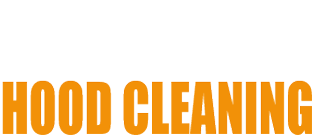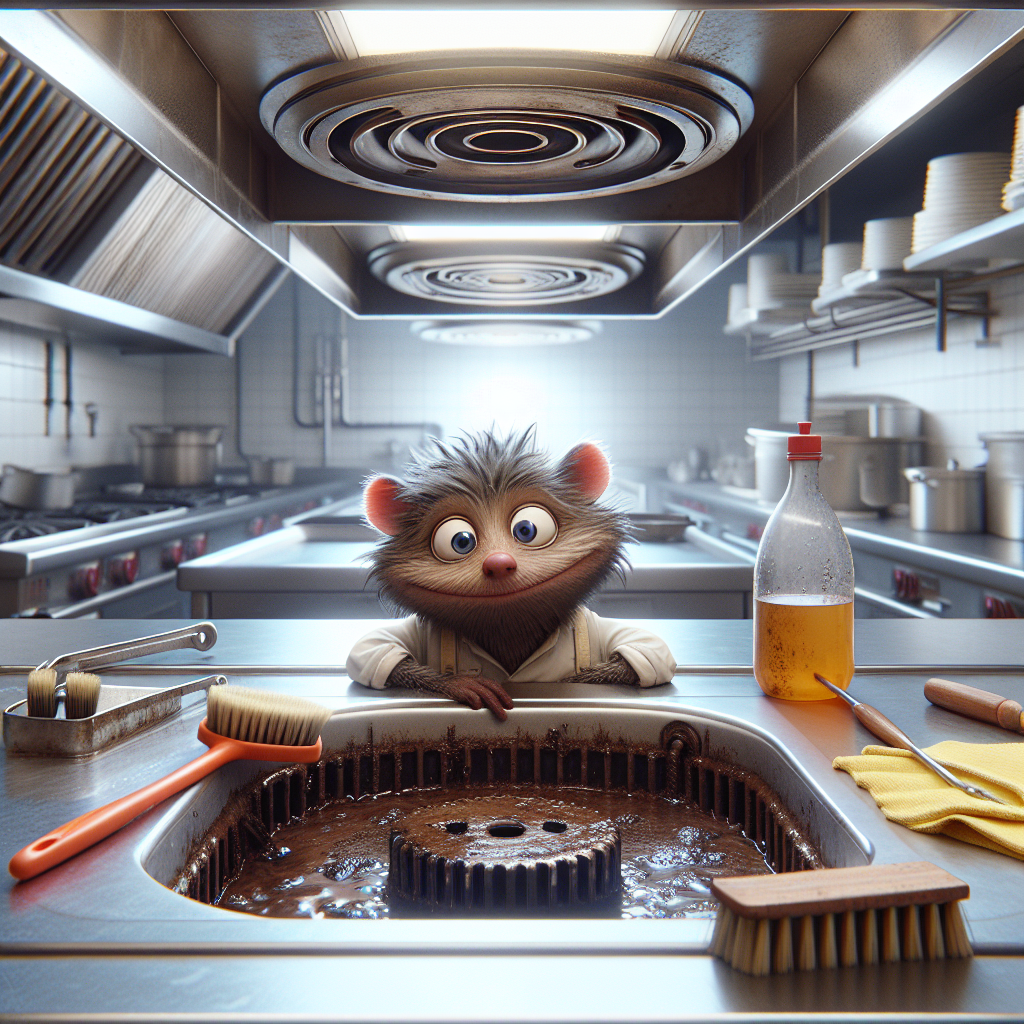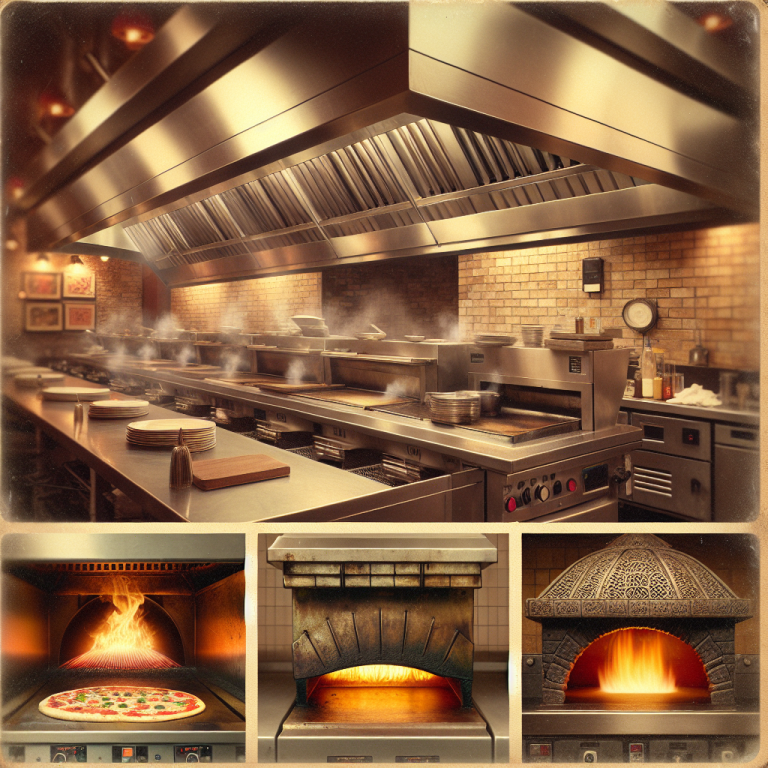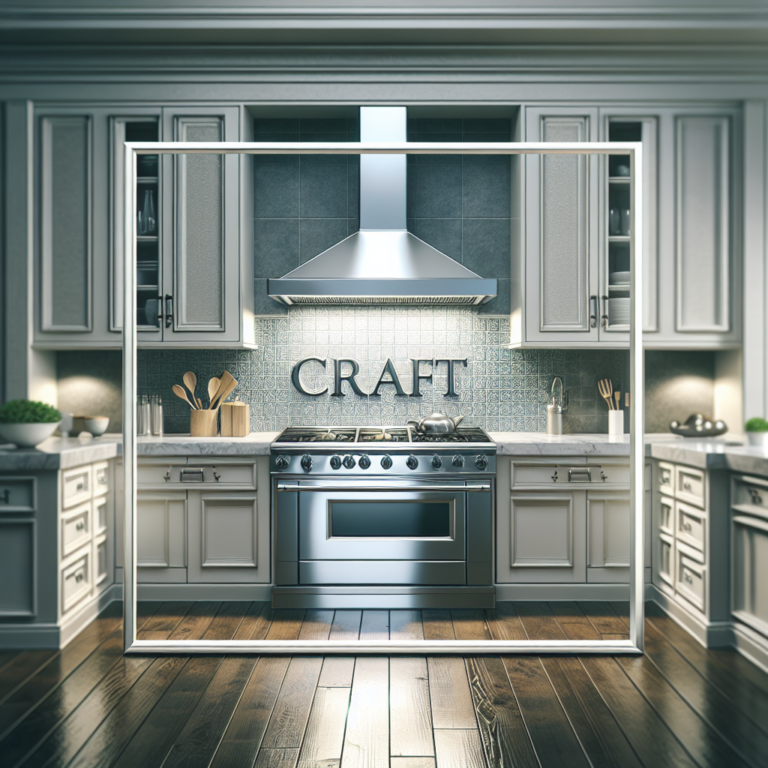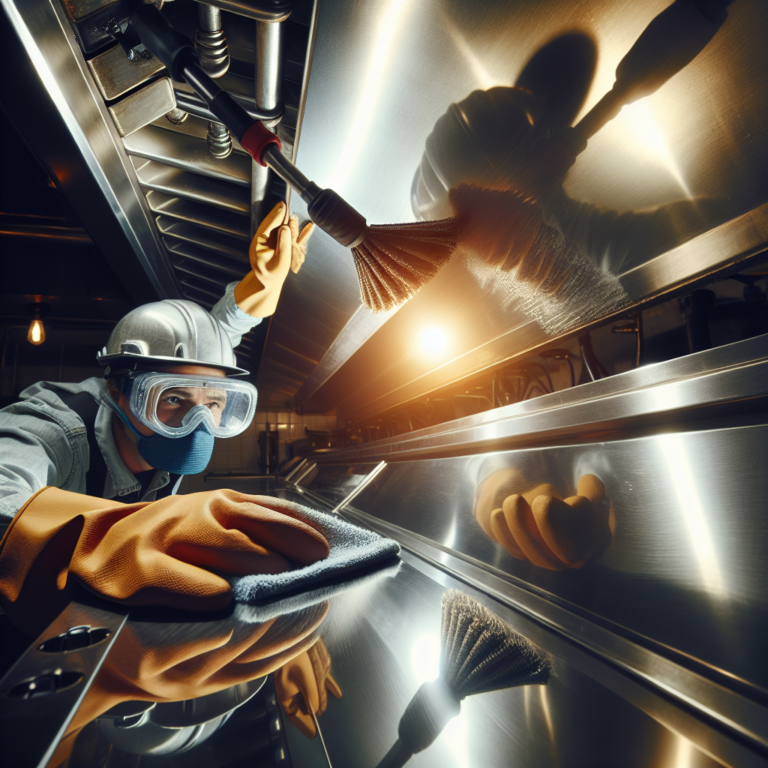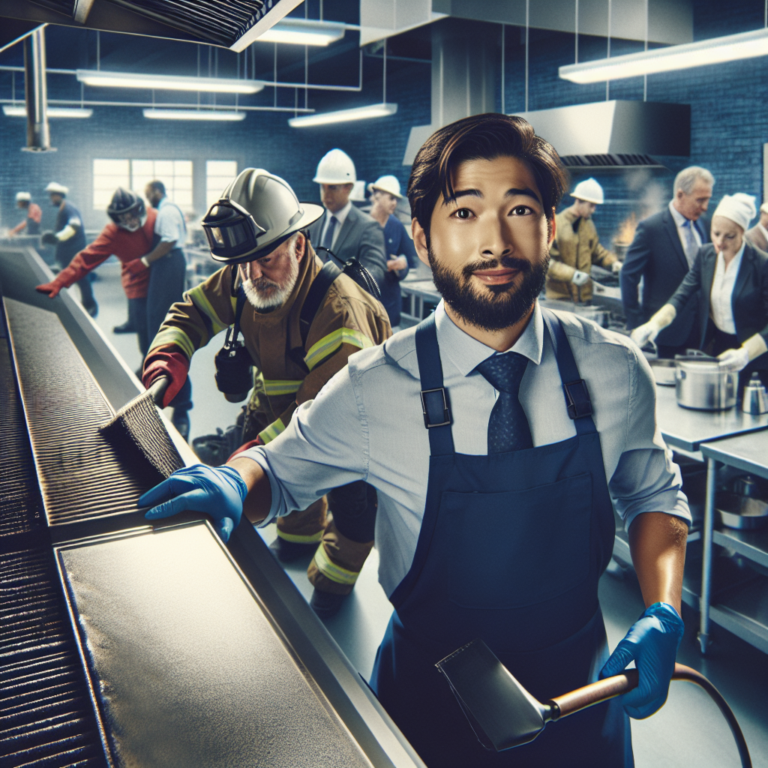Enhance Kitchen Hygiene with Grease Traps and Hood Cleaning Techniques
Grease Traps and Hood Cleaning: The Essentials
When it comes to the culinary landscape of a busy restaurant, there are a few unseen heroes that keep the gastronomic magic flowing smoothly behind the scenes. Among these, grease traps and hood cleaning make a compelling dynamic duo. While grease traps focus on fat management, thorough hood cleaning ensures a clean and safe kitchen exhaust system. For restaurant owners in bustling cities like Denver, understanding the symbiotic relationship between these two can turn an average commercial kitchen into a paragon of cleanliness and safety.
The Vital Role of a Grease Trap
Let’s start with the grease traps. Any commercial kitchen worth its salt knows the nuisance of grease. This slippery foe not only clogs pipes but can turn a kitchen into a hazard zone. A grease trap is your restaurant’s first line of defense. It captures oil and grease from wastewater before it can enter the wastewater disposal system. A well-maintained grease trap helps to:
- Prevent Blockages: Grease traps reduce the risk of plumbing issues by keeping grease out of the pipes.
- Comply with Regulations: Many local regulations require the installation of grease traps in commercial kitchens.
- Maintain Cleanliness: They play a crucial role in maintaining the overall hygiene of the kitchen.
The effectiveness of a grease trap, however, does not make it a standalone solution. This brings us to the importance of regular restaurant hood cleaning.
The Mechanics of Hood Cleaning
In the bustling environment of a commercial kitchen, the hood and exhaust system work tirelessly to keep the air clear. Over time, grease and debris accumulate within the system, posing serious risks such as a potential fire hazard. Hence, regular exhaust hood cleaning isn’t just a suggestion; it’s a necessity in cities like Denver where every restaurant competes on quality and safety standards. Here’s why:
- Fire Safety: Accumulated grease is highly flammable. Regular cleaning drastically reduces the risk of kitchen fires.
- Improved Air Quality: Clean hoods ensure smoke and odors are properly ventilated, improving air quality for cooks and patrons alike.
- Compliance and Inspection: Health and safety inspections often focus on the state of your exhaust system. Good cleaning habits ensure you pass with flying colors.
The Perfect Pair: Grease Traps and Hood Cleaning
Now, let’s delve into why grease traps and hood cleaning are an inseparable duo. Think of them as Batman and Robin in your fight against kitchen grime and fire hazards. Each plays a part in an overall strategy to maintain kitchen safety and functionality. Here’s how they complement each other:
- Enhanced Efficiency: A clean kitchen hood vents more effectively, lessening the strain on grease traps and ensuring they can function optimally.
- Prevention of Build-up: While grease traps catch a significant amount of grease, hoods capture airborne particles, creating a two-tiered defense against grease accumulation.
- Sustained Environmental Compliance: Environmental regulations often address both the management of kitchen waste and air quality. Maintaining both grease traps and clean hoods ensures full compliance.
Denver’s Unique Challenges
In Denver, restaurants face unique challenges due to the city’s elevation and climate. The dry environment can exacerbate grease build-up while the bustling food scene means more competition. Denver hood cleaning services understand these nuances and offer tailored solutions to meet local needs.
Choosing the right service in Denver can mean the difference between passing a health inspection and facing shutdowns or fines. Expert teams use specialized equipment to ensure that both your grease traps and hoods are perfectly paired in cleanliness.
Optimizing Kitchen Operations
While an immaculate hood and well-functioning grease trap focus on safety and compliance, they also streamline kitchen operations. Chefs can focus on crafting delightful dishes rather than worrying about smoke or slippery floors. Here’s how regular maintenance of these systems boosts operations:
- Reduced Downtime: Scheduled maintenance prevents unexpected breakdowns and repairs, keeping kitchen operations fluid.
- Cost Savings: Avoiding fire hazards and plumbing issues translates to savings in repairs and potential fines.
- Improved Staff Morale: A clean working environment boosts morale, increasing productivity and job satisfaction.
Conclusion
The relationship between grease traps and hood cleaning is pivotal in maintaining an efficient and safe restaurant environment. For establishments in the vibrant city of Denver, understanding and investing in these essential services ensures that your kitchen is not only compliant but also a shining example of cleanliness. As a restaurant owner, embracing this dynamic duo is a recipe for success.
To learn more about how expert Denver hood cleaning services can elevate your restaurant’s safety and efficiency, contact the professionals who understand the local culinary landscape.
